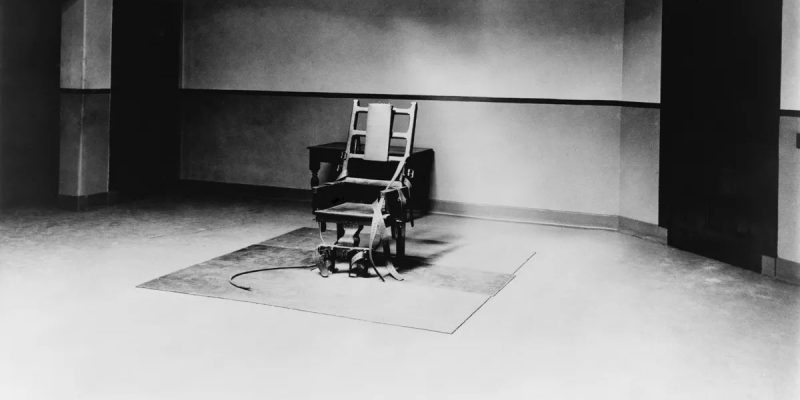A new legislative year brings the same old inadequate arguments to ban capital punishment in Louisiana, although with one new wrinkle for Catholics.
Two bills filed for the regular legislative session seek to eliminate the death penalty, and in support of these the Most Rev. Shelton Fabre, Bishop of Houma-Thibodaux, sums up the usual arguments against the practice in an opinion column. Fabre is no stranger to this issue, having taken the point on the U.S. Conference of Catholic Bishops efforts to combat racism that has given him opportunities to assert, as he did in the piece, that prejudicial application of the death penalty presents a reason to reject the practice.
Specifically, he notes “Nearly 70 percent of the people on Louisiana’s death row are people of color, the highest percentage of any state with more than three people on death row. In one study of Louisiana’s system, the chances of a death sentence were 97 percent higher for defendants whose victim was white than for defendants whose victim was black. Louisianans should not stand for this prejudice.”
The problem with his assertions is they don’t logically relate. The proportion of blacks on Louisiana’s death row, 67.6 percent, barely differs from the entire Louisiana prison population census where 66.9 percent are black. Indeed, past studies note that blacks hardly are more likely to receive a capital sentence than whites, so it would appear there’s little if any disparity at all in sentencing.
And, the race of murder victims is a non sequitur. Murder is murder, so the problem is not that black convicts are dealt with too harshly, but perhaps whites aren’t dealt with harshly enough. In fact, the U.S. Supreme Court rejected that disparity as a constitutional violation.
In short, there’s no demonstrable constitutionally disallowed racial “prejudice” involved insofar as drawing a capital sentence. Others of Fabre’s arguments equally fail.
As lamentable as convicting the innocent may be, to argue that any chance this could occur should invalidate use of capital punishment becomes logically inconsistent if not applied to the entire criminal justice system: if any chance exists of mistakenly convicting someone for any crime, then no punishment can be meted out by the system. A mistaken execution cannot be undone, but neither can the harm done to a person wrongfully jailed for decades, or even a day; these things differ only by degree, not by kind. Rather than treat the symptom of punishment, the disease of bad decision-making reflected in things like prosecutorial misconduct, sloppy police work, and poorly instructed juries should be addressed.
And while Fabre argued that “life means life” sentences in Louisiana so that murderers not executed can’t get out of prison, plenty of incidents belie that. As just one example (prior to criminal justice changes that have made it easier than to win release from Louisiana’s prisons since), in 2017 a murderer sentenced to 71 years nearly received parole in Louisiana until media publicity surfaced about that.
Advertisement
In fact, episodes like this point to a major reason the death penalty saves lives on the whole: it not only can ensure murderers don’t reenter the population to kill again but it also has a deterrent effect when consistently applied (not the case currently in Louisiana). Fabre writes that to “embrace a culture of life” requires an elimination of capital punishment as a punishment, but the data show he has it exactly backwards: a culture of life is threatened when society doesn’t do all that it can to protect the innocent by credible application of the death penalty.
Fabre does bring up a new development of special note to Catholics, in his oblique reference to the decision by Pope Francis to alter the Church’s Catechism to declare application of the death penalty as “inadmissible.” Perhaps he didn’t refer more specifically to that because of the enormous controversy it stoked within the Church as, for the first time in its history, a pontiff arrogated the right to change doctrine.
Bishops can attempt to clarify the confusion sowed in the aftermath of the Pope’s decision through their own local promulgations of the Catechism, which Fabre hasn’t done. The resulting crisis of conscience Catholics now face is unfortunate, adding to the crisis they endure as the Church admits its sins – which were avoidable through more faithful application of doctrine in priestly formation – in tolerating deviant sexual behavior among its ordained. Regrettably, as outspoken as Fabre is on capital punishment, his reticence in transparently addressing clergy abuse of minors should disappoint Catholics.
But nothing Fabre wrote about the death penalty changes the fact: capital punishment applied in a proper and credible manner protects society. Eliminating it practiced in this manner only harms the innocent.
Advertisement
Advertisement

